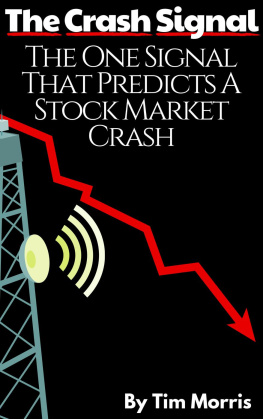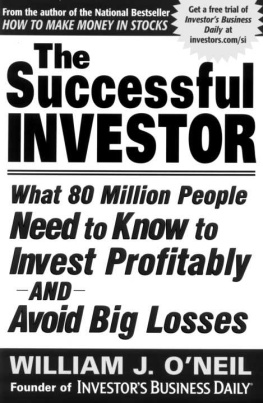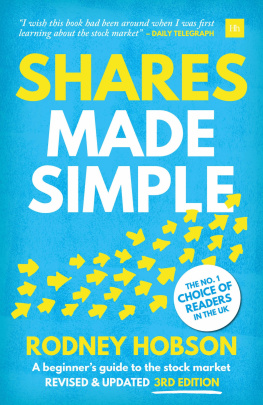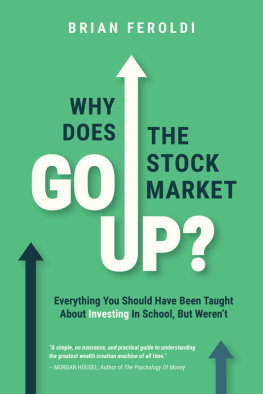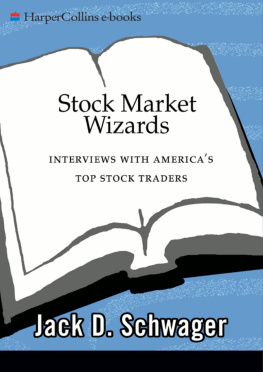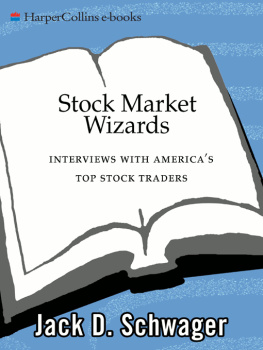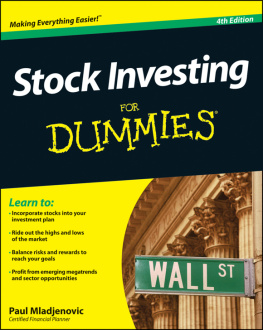ROUTLEDGE LIBRARY EDITIONS: THE GULF
Volume 7
THE GULF STOCK EXCHANGE CRASH
THE GULF STOCK EXCHANGE CRASH
The Rise and Fall of the Souq Al-Manakh
FIDA DARWICHE
First published in 1986 by Croom Helm Ltd
This edition first published in 2016
by Routledge
2 Park Square, Milton Park, Abingdon, Oxon OX14 4RN
and by Routledge
711 Third Avenue, New York, NY 10017
Routledge is an imprint of the Taylor & Francis Group, an informa business
1986 Fida Darwiche
All rights reserved. No part of this book may be reprinted or reproduced or utilised in any form or by any electronic, mechanical, or other means, now known or hereafter invented, including photocopying and recording, or in any information storage or retrieval system, without permission in writing from the publishers.
Trademark notice: Product or corporate names may be trademarks or registered trademarks, and are used only for identification and explanation without intent to infringe.
British Library Cataloguing in Publication Data
A catalogue record for this book is available from the British Library
ISBN: 978-1-138-11959-8 (Set)
ISBN: 978-1-315-64190-4 (Set) (ebk)
ISBN: 978-1-138-18170-0 (Volume 7) (hbk)
Publishers Note
The publisher has gone to great lengths to ensure the quality of this reprint but points out that some imperfections in the original copies may be apparent.
Disclaimer
The publisher has made every effort to trace copyright holders and would welcome correspondence from those they have been unable to trace.
THE GULF STOCK EXCHANGE CRASH
THE RISE AND FALL OF THE SOUQ AL~MANAKH
FIDA DARWICHE
1986 Fida Darwiche
Croom Helm Ltd, Provident House, Burrell Row,
Beckenham, Kent BR3 1AT
Croom Helm Australia Pty Ltd, Suite 4, 6th Floor,
6476 Kippax Street, Surry Hills, NSW 2010 Australia
British Library Cataloguing in Publication Data
Darwiche, Fida
The Gulf stock exchange crash: the rise
and fall of the Souq Al-Manakh.
1. Souq Al-Manakh
I. Title
332.64 2536HG5712.S6/
ISBN 0-7099-4534-5
Croom Helm, 51 Washington Street, Dover, New Hampshire, 03820 USA
Library of Congress Cataloging-in-Publication Data
Darwiche, Fadwa Adel.
The Gulf stock exchange.
Bibliography: p.
Includes index.
1. Gulf stock exchange (Kuwait, Kuwait)history.2. Stock-exchangeKuwaithistory.3. StockexchangeArabiahistory.I. Title.
HG719.G85D371986332.642536786-6406
ISBN 0-7099-4534-5
Filmset by Mayhew Typesetting, Bristol, England
Printed and bound in Great Britain by Mackays of Chatham Ltd, Kent
Contents
The Kuwait stock market attracted considerable attention in the financial press even before the crash of Souq Al-Manakh, the unofficial exchange. Kuwait became, during the 1970s and early 1980s, by far the most important centre in the Arab World for stock market transactions, and the only state in the Gulf with a diversified financial services sector. The market provided finance not only for Kuwaiti ventures, but also for companies from other Gulf states, where equity capital could not be easily raised. Shares in these so called Gulf companies were traded in a parallel market, the unregulated Souq Al-Manakh.
It is this parallel market, rather than the official Kuwait stock exchange, which is the subject of this book. Fida Darwiches study is the first detailed examination of the factors which resulted in the growth of the Souq Al-Manakh and its subsequent collapse. Hitherto all of the accounts of the market have been in the form of short articles, mostly written by financial journalists, rather than more thorough investigations. Fida Darwiche has produced a serious academic study of the market, and its significance for Kuwait. It seems destined to be the definitive work on the subject.
The book should be of interest to all those concerned with economic development and political change on the Arabian Peninsula, especially area studies specialists from outside, and government officials, bankers and academics from within the region. The work is of wider interest, however, as it provides a fascinating case study of the hazards of operating in a completely free and unregulated market. As such it should be of interest to financial analysts generally, and not just those involved in the Arab World or the Middle East.
Although this book is based on a manuscript originally submitted as an M.Phil. for the University of Exeter, which I had the privilege to externally examine, it is no staid academic treatise. The Souq Al-Manakh had a colourful, if chequered history, and the wheeler-dealers who participated in the market were often flamboyant characters. Fida Darwiche interviewed many of the major participants in the market herself, and manages to convey some of the excitement of the deals struck. The dealers and investors were often natural financial innovators, and it is interesting to observe the emergence of new financial instruments which helped market transactions gain momentum, with gains for all. Unfortunately one of the main instruments, the postdated cheque, was to be the undoing of the market once prices started to level, and heady conditions gave way to a loss of confidence.
Fida Darwiches study is an excellent example of what a well researched financial history should be. The author demonstrates that she is fully conversant wth her subject, and has a good grasp of financial technicalities. Yet the book is written in a style which should be accessible to a wide readership, and not just those from an economic or financial background. The work represents a superb attempt to chronicle one facet of contemporary Arab economic history. It is to be hoped other similar studies will appear in due course. Certainly it is encouraging to note that Fida Darwiche is continuing her studies at the University of Exeter into Arab Gulf finance to doctoral level.
Rodney Wilson
Senior Lecturer in the Economics of the Middle East
and Pro-Director of the Middle East Centre,
University of Durham.
To my dear Father and Mother
without whose patience,
encouragement and understanding
this work would not have come to light
Four years after the collapse of the Gulf stock exchange in Kuwait, better known as the Souq Al-Manakh, and two years after the closure of the stock exchange itself, the crisis has remained at the centre of economic and political controversy in Kuwait and the other Gulf states as well as in Arab and foreign finance institutions, and it is likely to remain so for many years to come.
I believe there is virtually no Arab reader interested in public affairs or Western reader keen on international economic current affairs for whom the name Souq Al-Manakh will not ring a bell in their mind. However, except for the fact that the catastrophe cost US$92 billion when it occurred in 1982, I doubt whether many people realise the wider-dimension of economic and political elements involved in the crisis.


